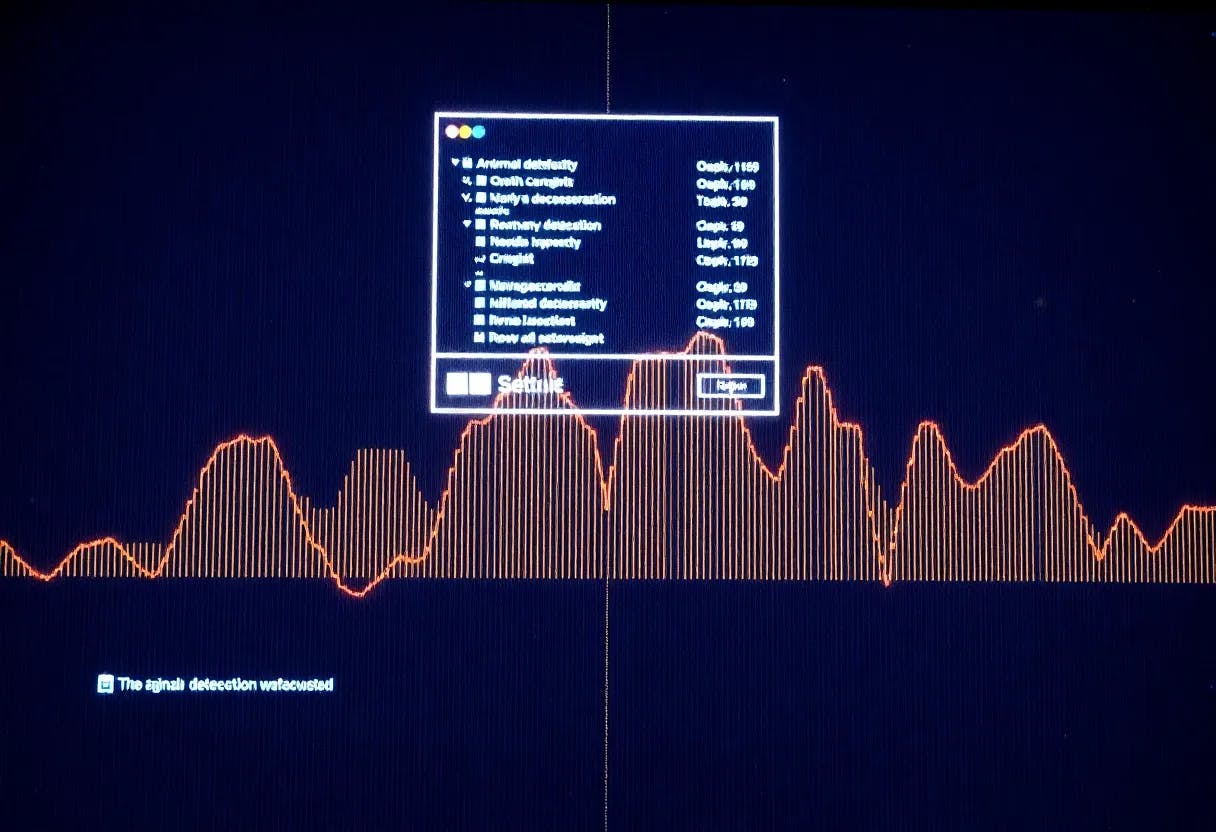The Capitol Building in Sacramento, CA, where AB 969 will be heard in Senate Appropriations. (Photo: Josh Hild, Upslash)
Survivors of domestic and gender-based violence are often forced into impossible choices: stay in a dangerous situation or risk losing financial stability. At a recent hearing, one woman testified that she stayed in an abusive relationship for 12 years simply because she didn’t know she had options.
“If there had been just a poster on the wall or something that said, ‘Are you experiencing domestic violence? You’re not alone. We can help,’ that might have changed everything for me and my kids,” she said.
For those relying on public assistance, the barriers to safety are even steeper.
Domestic Violence Is a Public Crisis
Domestic violence is more than a private tragedy — it’s a public crisis. According to the National Coalition Against Domestic Violence, nearly 34% of California women and 31% of California men experience intimate partner violence in their lifetime. Financial abuse is a major factor, occurring in 99% of domestic violence cases. Survivors often find themselves unemployed, unhoused, and struggling to break free from cycles of harm.
The Failures of CalWORKs
California’s CalWORKs program was designed to help families in need, but when it comes to survivors, it has failed. CalWORKs (California Work Opportunity and Responsibility to Kids) is the state’s public assistance program for low-income families. It is partially funded by TANF (Temporary Assistance for Needy Families), the federal welfare program.
But CalWORKs didn’t just emerge in a vacuum. Its roots are tangled up in the 1996 Welfare Reform Act, a law shaped by racist stereotypes and sexist assumptions that still poison how assistance works today.
The Racist and Misogynistic Roots of Welfare Reform
The 1996 Welfare Reform Act wasn’t just bad policy — it was racist, misogynistic, and hopelessly outdated even when it passed. Built on Ronald Reagan’s “welfare queen” lie, a prime example of misogynoir that painted poor Black mothers as manipulative and undeserving, Clinton doubled down and codified it into federal law. California’s CalWORKs program grew out of that foundation.
When I first wrote about AB 969 in The Sacramento Bee, I focused on how survivors are too often forced to choose between safety and stability. But the story goes deeper. The very structure of our welfare system was built on racist and misogynistic myths that still shape the choices survivors face today.
A System Stuck in the 1950s
The problem isn’t just the racism and sexism baked into the law. It’s that the framework itself is stuck in a 1950s fantasy of family life: a white, hetero, two parent nuclear household. That fantasy never reflected reality for poor families, Black or white, and it’s even more out of touch today, when families take so many different forms, including single parents, queer households, chosen families,immigrant/mixed status, and multigenerational homes.
Survivors of gender-based violence are hit hardest by these outdated definitions because the system prioritizes “keeping families together,” even when that means forcing women and children to stay tied to an abuser
Those same racist and sexist assumptions show up in CalWORKs itself, where survivors are forced to navigate rules that often put them in greater danger.
Survivors are required to meet work participation requirements and to identify and report the paternity of a violent partner in order to apply for or maintain benefits, putting them at further risk.
That is where the waivers come in.
How CalWORKs Rules Put Survivors at Risk
CalWORKs allows counties to temporarily waive certain rules for survivors that can put people at greater risk. Survivors may be forced to work a set number of hours or seek child support from a violent partner, just to apply for or keep their benefits. And their 60-month lifetime clock (the total number of months someone is allowed to receive CalWORKs aid) keeps ticking, even while they’re in crisis.
Waivers are meant to pause that clock and to lift requirements that can put survivors in danger or keep them trapped in unsafe situations. For example, someone in a shelter without childcare may not be able to meet work rules. Another could face serious harm if forced to cooperate with child support enforcement against their abuser, another requirement under CalWORKs that puts many survivors at risk.
But most survivors don’t even know these waivers exist. Whether or not someone gets help often depends on inconsistent practices between counties, partially the result of a lack of clear statewide guidance. Others, like disabled survivors on SSI (Supplemental Security Income), aren’t eligible at all, even though they face the same risks.
How AB 969 Fixes the Problem
AB 969, authored by Assembly Member Celeste Rodriguez and co-authored by Senator María Elena Durazo, would fix that by expanding eligibility and ensuring that all domestic violence survivors are able to request necessary CalWORKs waivers. It requires counties to inform people of their rights, provide clear, written information about available waivers, and utilize the same standardized request forms across the state.
The bill also directs the Department of Social Services to create clear, statewide procedures to eliminate confusion and ensure survivors across California receive equal access to support.
These waivers aren’t new. They were established in 1996 as part of the federal Welfare Reform Act through the Family Violence Option. But California has never taken full advantage of them. This isn’t just about checking a box or complying with federal welfare rules, it’s about ensuring survivors have access to the support they need without unnecessary hurdles.
The Funding Crisis is Silencing Survivor Voices
The urgency behind AB 969 is colliding with a funding crisis that began under the first Trump administration, when the DOJ, under AG Barr in 2019, started draining the federal Crime Victims Fund, and continues to devastate survivor services today. In April 2025, the DOJ canceled or slashed more than $800 million across 365 active grants, many supporting domestic violence advocacy, trauma recovery, and crime‑victim services, according to reporting by The Guardian and Reuters.
In California, those cuts are already being felt. The California Partnership to End Domestic Violence, a co-sponsor of the bill has warned that VOCA (Victims of Crimes Act) funding will fall by at least $105 – $132 million starting in July 2024. Meanwhile, survivor support organizations, especially those led by and for Black, Indigenous, and LGBTQ+ communities, are being forced to choose between staying solvent and staying true to their values.
That’s because new DOJ grant conditions pressure organizations to avoid language about “gender ideology” or race, and to omit programming that centers LGBTQ+ people or communities of color. These mandates silence the very groups doing the most trusted, culturally competent work.
Paméla Michelle Tate, PhD, executive director of Black Women Revolt Against Domestic Violence, refused to sign. Her organization turned down a two-year $500,000 DOJ grant because of the restrictions.
Tate explained, “We are really struggling with the requirements not to address gender ideology or acknowledge race or the LGBTQ+ communities, so much so that we did not apply for DOJ funding because we refused to sign the acknowledgement stating that we would not participate in activities that encouraged discussion of gender ideology. The funding was for $250K per year for two years. While we need the money, what profit gains a man if he loses his soul. We will not exclude survivors.”
This isn’t just about bureaucracy. It’s about erasure. Who gets to be seen as a survivor, and who is asked to disappear in order to be helped?
Why AB 969 Matters Now
Washington may be failing us, but California doesn’t have to. Our state can choose to push back against the erasure happening at the federal level. AB 969 is that choice.
So far, the legislature’s choice is clear. The bill made it through policy committees in both houses unopposed, and passed the Assembly on a unanimous vote. AB 969 will be heard next in Senate Appropriations before moving to the Senate floor, where it is expected to pass with strong support. From there, securing Governor Newsom’s signature will be the final hurdle in making this vital bill law.
California Must Deliver on Its Promises
California prides itself on being a progressive leader, but too often, those promises don’t translate into real help for the most vulnerable. Survivors should not have to navigate endless red tape to access protections they are already entitled to. Passing AB 969 is a necessary first step towards fixing this problem. Then, the state must ensure the bill is effectively implemented so that survivors don’t just see policy changes on paper, but experience real, tangible support in their daily lives.
AB 969 won’t undo decades of harm caused by the 1996 Welfare Reform Act, but it’s a crucial step forward. California cannot continue to let gaps in the system put people in danger. Every survivor deserves to know their rights and to have the ability to act on them. Without AB 969, survivors will continue to be left behind by a patchwork system that depends on where they live and who happens to pick up their case. Inconsistencies mean more people stay trapped, simply because the help they need is hidden in fine print.
Tracee Michelle Porter is a 2025 SPI State Policy Fellow and Public Voices Fellow with The OpEd Project. She is a writer and advocate working to shift narratives, influence policy, and build Black women’s political power through reentry, economic justice, and community-rooted leadership.











